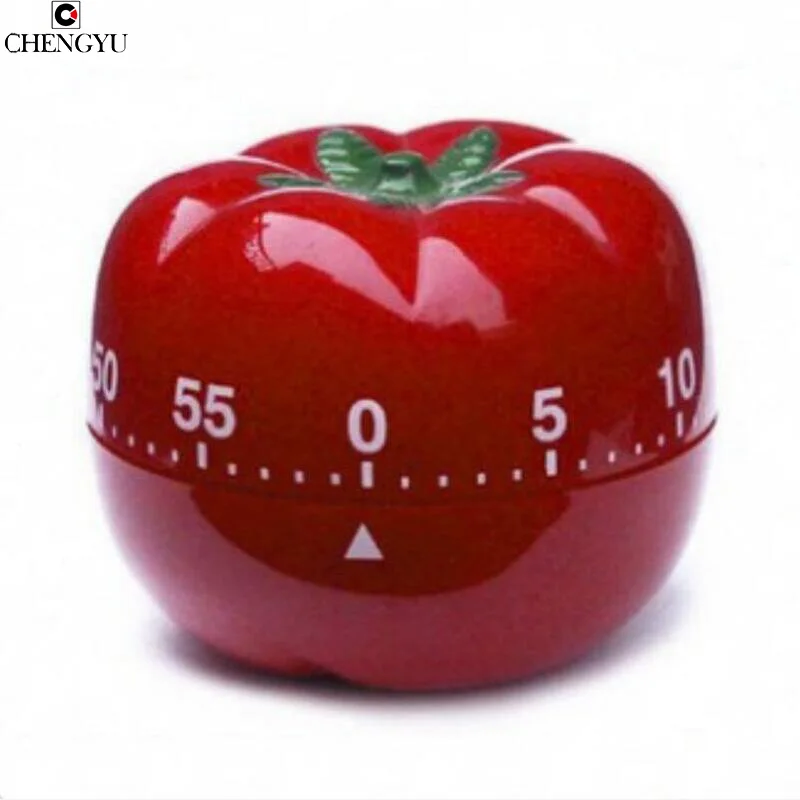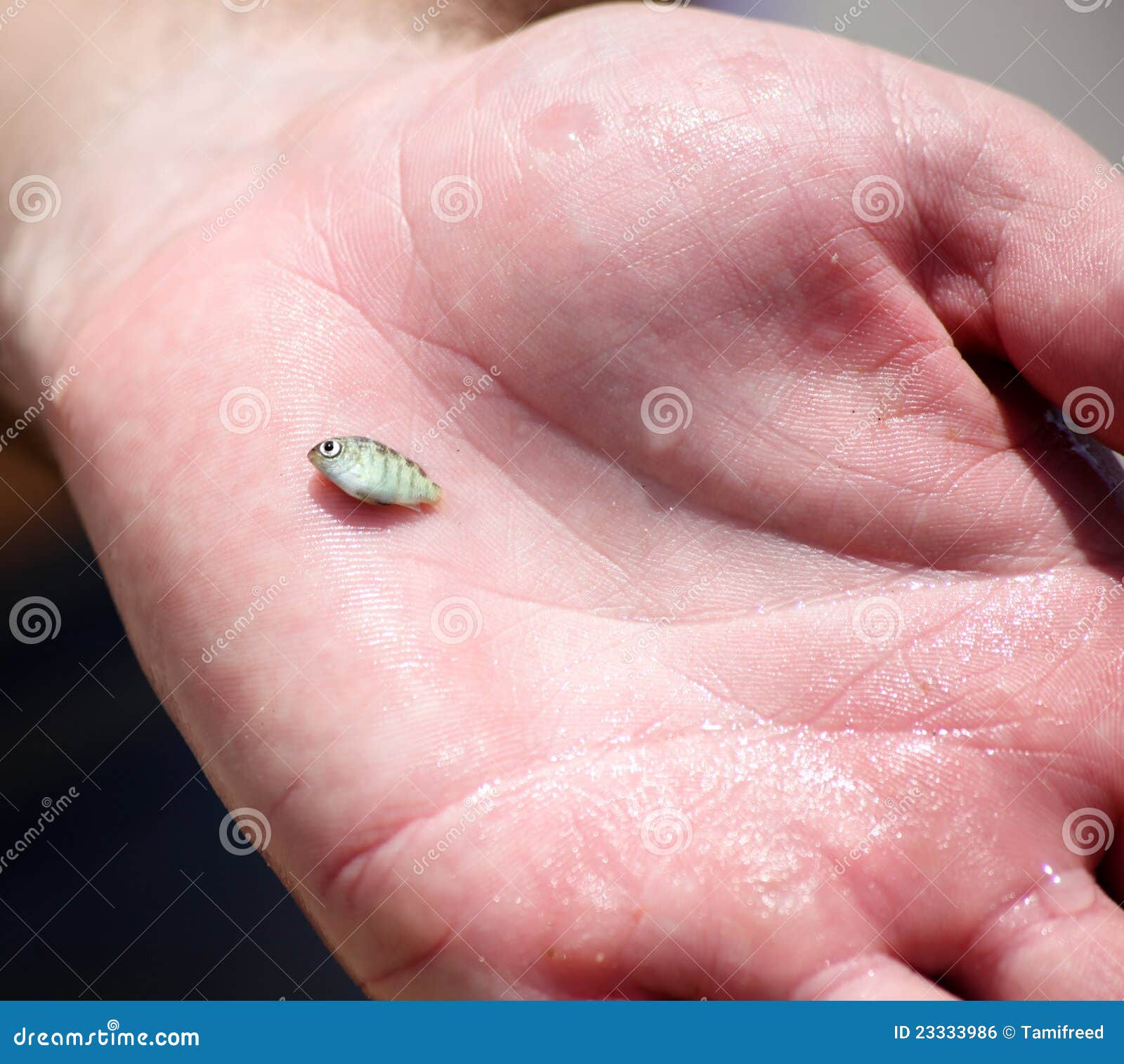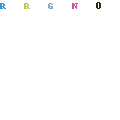Beitza 22b.
1- Our Mishnah relates that Rabban Gamliel enumerated three opinions of Beis Shamai that he and his family followed. This is despite the fact that Halacha (and descendants of Hillel) generally follows Beis Hillel.

The first one is regarding the permissibly of Hatmanah (vs שהייה) – insulating water- on Yom Tov right before Shabbos.
a- R’ Huna explains that the dispute between Beis Shamai and Beis Hillel regarding insulating water refers to a case where the person did not make an eiruv tavshilin. The reason Beis Hillel permits insulating the water is that in such a circumstance they allow another person to make minimal preparations for him for Shabbos. (see below)

Beis Shamai would agree, except for Hatmanah. Why? Because keeping food warm is a luxury. Thus, someone that forgot to make an Eiruv Tavshilin is not granted a pass for Hatmanah.
b- Rava maintains that Beis Shammai and Beis Hillel are discussing a case where an eiruv tavshilin was indeed made. Nonetheless, Beis Shammai say that insulating is unique because it is obvious that it is done for Shabbos – i.e, later on in the evening and not for immediate use. Thus it is prohibited.

c- Abaya offers an alternative explanation of the dispute. According to Beis Shamai (as per Chanania) one needs to make a separate eiruv tavshilin each for cooking, baking and Hatmanah.
Performing one does not permit the others. So this chap made an eiruv tavshilin for cooking but not Hatmono. Beis Hillel say he can do all forms of work on Yom Tov for Shabbos. Beis Shamai limits him to cooking only.
2- We discussed the text of R’ Huna above and a Beraisa: ” A person did not make an eiruv tavshilin may have another person make minimal preparations for Shabbos.
One loaf of bread.

One cooked dish.
One insulated pot.
A candle may be lit for him.
One small fish. (Herring?)

One pot of hot water.
Notice the omission of the word one when referring to candles.
The Rif and the Rambam see this as evidence that one may light as many candles as one wishes (despite his not making an eiruv tavshilin) and derive from this that one need not to mention in the eiruv tavshilin the “lighting of candles”. That type of work needs no eiruv tavshilin.

Tosfos argues and one needs to mention all types of work. That is the accepted Halachah.
“בדין יהא שרא לנא לאפויי ולבשולי ולאטמוני ולאדלוקי שרגא ולתקנא וולמעבד כל צרכנא מיומא טבא לשבתא לנא ולכל ישראל הדרים בעיר הזאת”. תרגום ללשון-הקודש: “בעירוב זה יהיה מותר לנו לאפות ולבשל ולהטמין ולהדליק נר ולעשות כל צרכינו מיום טוב לשבת, לנו ולכל בני העיר הזאת”.
3- The second one is regarding the permissibly of ‘straightening the candlestick’.

What does that mean?
R’ Chinana bar Bisna explains that the dispute relates to the issue of whether or not the prohibitions against construction and demolition ( בונה and/or סותר) apply to utensils. Building or destructing a keli – יש / אין בנין בכלי.
A related incident is recorded where the Shammash of Ula tilted the oil candle to cause the candle to extinguish sooner.

We learned the Tosfos that explains the prohibition is not because one hastens the extinguishing later on. That would be permitted, such as placing buckets of water to stop an approaching fire. The issue here is that at the moment that one reduces the amount of oil the luminous of the candle is diminished.
Similarly, adding oil is prohibited only when the candle will emit more light as a s result.
The Rosh argues on this:
אבל הכא השמן והפתילה שתיהן גורמים את הדליקה והממעט מאחד מהן וממהר את הכיבוי חייב
4- We related a story that pertains to our Gemara. Here it is from the Internet:
Once, the Rebbe of Ger, zt”l, came to visit Rav Chaim Soloveitchik, zt”l, the Rav of Brisk.
The two spent a long time in private conversation in a side room, and when it was time for the Rebbe to take his leave, the Rav accompanied his guest to the door.
Just before he left, the Rav of Brisk asked his illustrious visitor a question. He said, “I have always found a certain statement of Chazal quite perplexing. Perhaps you have an answer.
The Midrash on Parshas Tetzave teaches that we find that Rabbi Chaninah s’gan kohanim said: When I served in the Beis HaMikdash, I would light the menorah on Rosh HaShanah, and it would miraculously stay lit until the following Rosh HaShanah.
But we know that lighting the Menorah was a positive commandment that was to be performed every single day! How could it be that they did not fulfill a מצות עשה for an entire year?”
The Gerrer Rebbe answered without missing a beat, “Don’t we find that it says in the Baraisa brought in Beitza 22a that one who adds oil has transgressed the prohibition of מבעיר ?This is true even if a person only added a single drop. If so, it could have been that they added a single drop of oil every day for the sake of fulfilling the mitzvah, and because it was only a drop, there was also a miracle occurring. בדיעבד ,adding less than the full amount of oil to the Menorah is not מעכב “!
With that the Rebbe went on his way.
Afterward, the Rav of Brisk praised the quick-witted response to those with him. “What a lovely p’shat,” he said. “Wonderfully clever!
